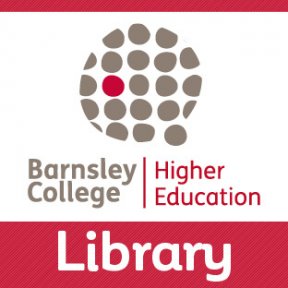In this section
Evaluating Sources
Definition of evaluate: To judge or calculate the quality, importance, amount or value of something.
To get the best results, you need to use the best information sources. Is the information correct? Is it in depth enough for HE study? Does your source add authority to your argument? It is important to evaluate all sources, but especially websites. Sources for academic study will usually have gone through some form of editorial process. ANYONE can publish ANYTHING on the Internet. You are the judge.
Is your source CRAP (Currency, Reliability, Authority, Point-of-View)?
Crap Test Dummies
Printable PDF of The CRAAP Test Worksheet (California State University)
Leeds University offer an online tutorial on critically evaluating information using Authority, Objectivity, Timeliness, Relevance and Evidence.
PROMPT (Open University) uses Presentation, Relevance, Objectivity, Method, Provenance and Timeliness as part of a wide range of help with evaluating digital sources.
Finding the good stuff based on Objectivity, Reliability and Relevance (Manchester University)
Godwin, J. (2014) Planning your essay (2nd ed.) Basingstoke: Palgrave Macmillan. pp23-29. Shelf number: 808.066 GOD
Williams, K. (2013) Planning your dissertation. Basingstoke: Palgrave Macmillan. pp39-54. Shelf number: 808.066 WIL
For further help contact: helibrary@barnsley.ac.uk
Opening Times
| Monday | Staffed 8.30am to 5pm; Self-service 5pm to 8.45pm |
|---|---|
| Tuesday | Staffed 8.30am to 5pm; Self-service 5pm to 8.45pm |
| Wednesday | Staffed 8.30am to 5pm; Self-service 5pm to 8.45pm |
| Thursday | Staffed 8.30am to 5pm; Self-service 5pm to 8.45pm |
| Friday | Staffed 8.30am to 4.30pm |
| Saturday | Closed |
| Sunday | Closed |
Find Us
Barnsley,
S70 2YW

